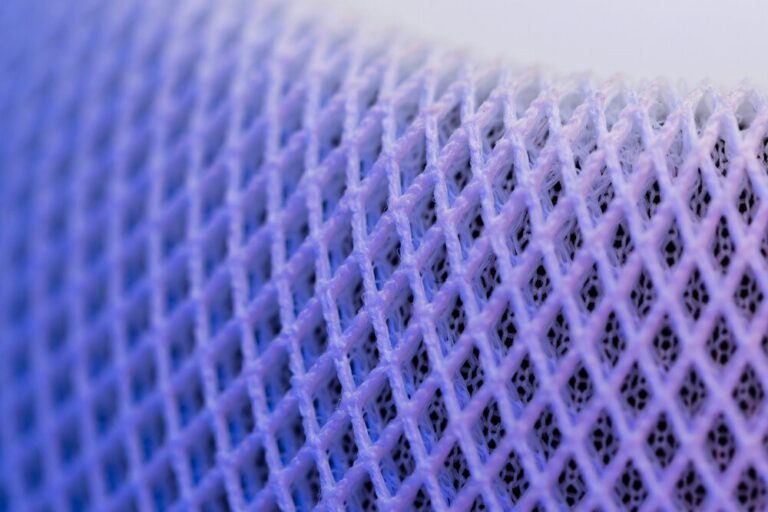Researchers at the University of Leicester, United Kingdom, are using nano-additives to create lighter components for the automotive and aerospace industries in an effort to improve energy efficiency, minimize carbon dioxide emissions and preserve the environment. Transportation accounts for more than 20 percent of the world’s total energy use and produces much of the world’s pollution. Sinan Kandemir, a postgraduate researcher in the Department of Engineering, uses an ultrasonic method to disperse aluminum-based nanoparticles homogenously through liquid metals. Kandemir believes his research promises quicker results than that of alternative fuels. He explains: “The Kyoto agreement and the European Commission suggest that the automotive manufacturers should reduce their vehicle weight to minimise CO2 emissions and conserve finite oil (fossil fuel) reserves. Although light materials, including aluminium and magnesium, have been proposed to replace denser materials, such as steel in the automotive industry, they exhibit low strength. Nano-sized ceramic particles can be incorporated into light metals to modify the physical properties of established materials in a huge variety of automotive components. These nano-composite materials save weight and offer greater performance whilst contributing to the fuel efficiency and reducing green house gases released into the atmosphere.”




